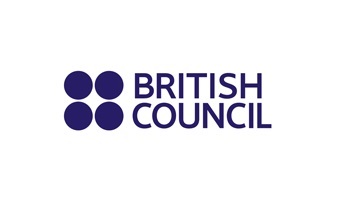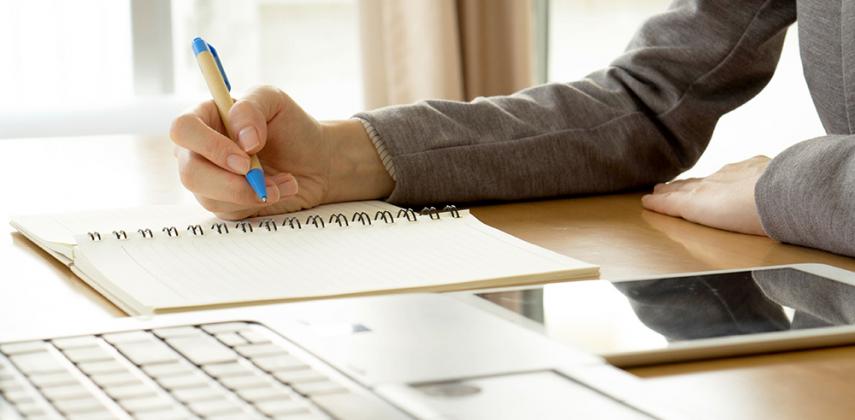In part 1 last week, we looked at what to do before interview day to help you answer questions better (preparation, research, prediction and practice). Today we give you further advice for the interview day itself and how to look back on it after it’s done.
On interview day
Calm your nerves
It may be stating the obvious or sound like something your parents would say, but getting a good night’s sleep the day before and having a nutritious meal the day of the interview would not go amiss. Avoid too much caffeine as this could raise your level of anxiety.
Before walking through the door, try a few minutes of deep breathing through the nose for a count of eight breaths (four inhales, four exhales). This works wonders for lowering your heart rate and reducing the stress response of your nervous system. Sitting upright with your shoulders back and down also releases tension and should make you feel more confident.
Once through the door, if you need to buy yourself some thinking time, drink some water before answering a question, or start your answer off by repeating the question (‘A time I led a team…’). You could also use fillers like, ‘Well, let me see’, or, ‘Hmm, let me think for a moment’.
Be specific
When answering questions, try applying the STAR principle (Situation, Target, Action, Result). This means:
Explain the situation you were in:
‘In my previous job I led my centre for two months.’
State what your desired target was:
‘I was responsible for organising and running a Christmas party event.’
Highlight what action you took in the process:
‘I divided the tasks up amongst my team members. I asked them which ones they felt best suited to or decided it for them if they were unsure. I set mini-deadlines for each task and checked the progress of the team regularly.’
Emphasise the positive result that came from it:
‘The event ran smoothly and I received positive feedback from both parents and children. My team members reported they enjoyed the event and were motivated to take part, as I had assigned tasks and deadlines they felt comfortable with.’
Note that in the examples above, specific action verbs were used. Using them in the active voice with the first person has a stronger impact and keeps your answers concise.
Now, look back at your questions from last week that you guessed could come up, and structure some of the answers in STAR format, so that you have some ready to roll off your tongue when you walk in.
Sell yourself
One potential pitfall to be wary of is underselling your past work experience and achievements. This could be as subtle as a slight adjustment to the words you use. For instance, instead of saying ‘My team made the most sales’, focus specifically on what you did, as the STAR answers above show.
What’s more, don’t underestimate the relevance of past experience from different industries or work settings. The lessons you learned from supervising catering workers or a project at university would certainly still come in handy when being assigned a team of office workers, for example.
Lastly, if required to bring up any setbacks you’ve previously encountered, put a positive spin on them. What did you learn? How did you overcome them? What would you do better next time?
After interview day
Review and reflect
Remember, no interview goes to waste, no matter what the outcome. Even if it doesn’t go the way you hoped, the experience of going through the interview process helps you know what to bear in mind next time around.
When you get home, take time to jot down the questions and answers you remember, so you can consult a colleague or friend for their opinion. Could you have worded anything differently?
If you’re prepared to brave it, you could also ask the interviewers for feedback once they’ve informed you of their decision.
For now, that’s a wrap on what we advise before, on and after interview day.
Good luck, and we hope these tips help you!






